Common Mistakes In Google Ads - Semalt Overview
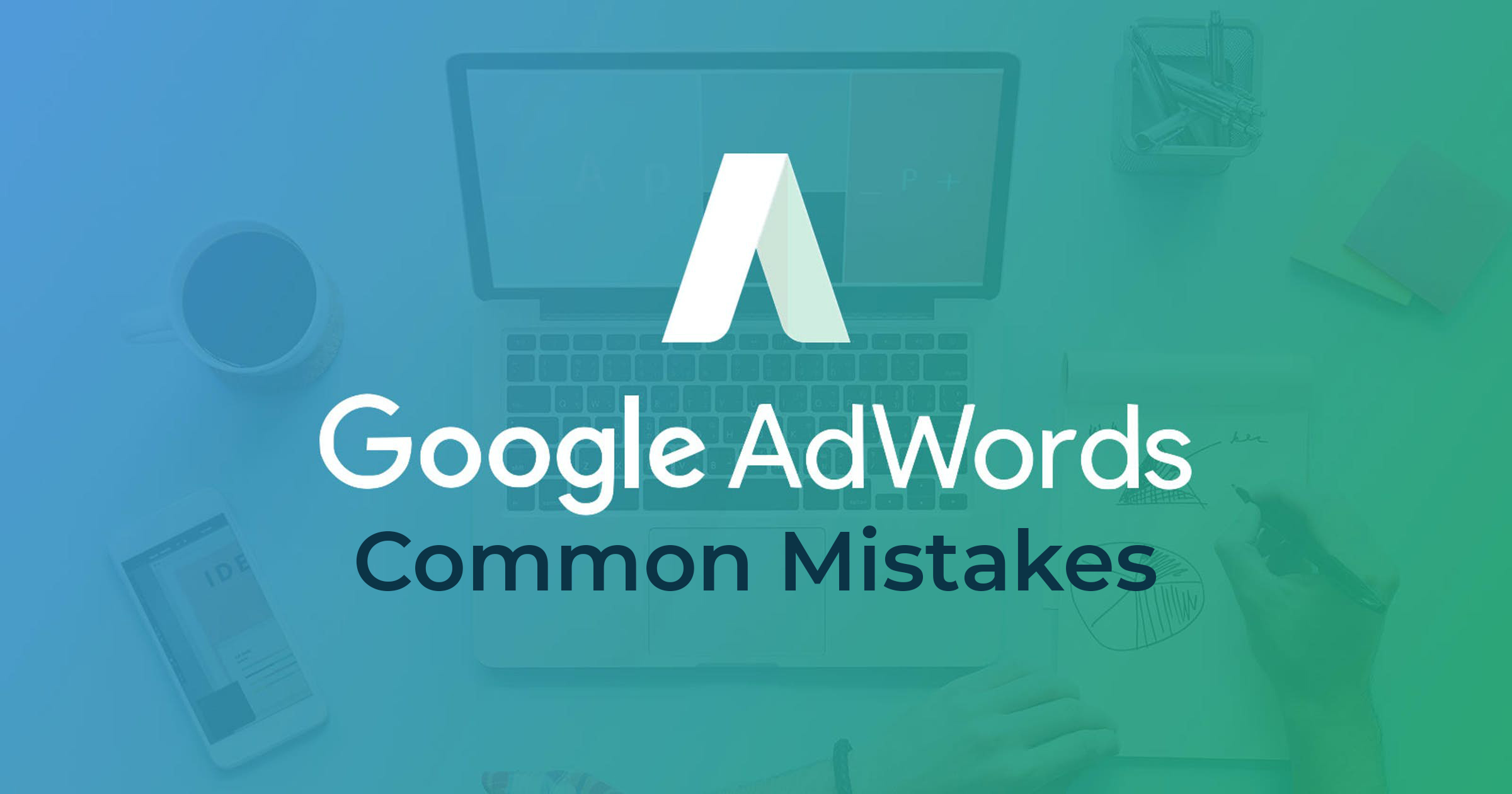
Table of content
I. Introduction
II. 11 Common Mistakes In Google Ad Campaigns
III. How To Optimize Your Google Ads For High Conversion
IV. Conclusion
I. Introduction
People often make several mistakes when using pay per click advertising. These mistakes can lead to fewer clicks and lower revenues for your business. So, have you been experiencing low conversions with your Google Ads? Is no one clicking the ads?
There are several things to keep in mind when creating or tweaking your Google Ads to get more effective results. There are also several mistakes that you might be making that are generally affecting the effectiveness of your ads. Here is all you need to about Google Ads mistakes you should avoid and how to optimize the ads for high conversion.
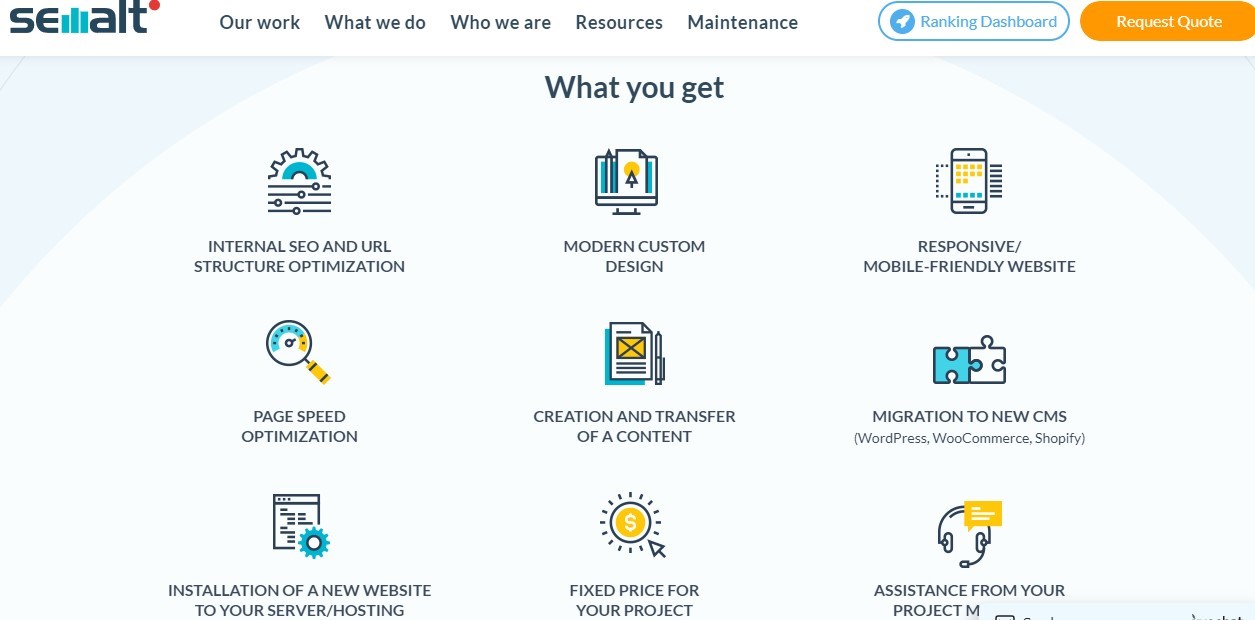
II. 11 Common Mistakes In Google Ad Campaigns
1. Not Properly Targeting PPC Campaigns
Many companies make the mistake of properly targeting their PPC campaigns. It is either they didn't take time to understand how to target the campaigns or they don't just know how to go about it.
Such people often rely on a PPC campaign's conversion tracking system, which is unreliable. The tracking systems can't determine whether the ads are displayed to people who would benefit from the ads based on their demographics. They are also unable to determine conversion rates, which is the number of people who click on the ads but do not make a purchase within a specific time frame.
2. Not Optimizing Your Keyword
When creating web page ads, many people place a wide variety of keywords in their ad copy. Doing this is considered a smart choice because it increases your ads' chances of being displayed to targeted prospects.
However, doing so can lead to your ads getting clicked on too often without sales. Some others also create ads that only incorporate a few relevant keywords. This often leads to higher click-through-rates. However, it limits the visibility of the advertisement since it's only ranking for few keywords.
You can optimize your campaigns for low or high keywords, but if your keywords aren't relevant to your site's content, you'll likely not achieve your goals, yet you'll also be wasting money.
The keywords you choose for your Google AdWords campaigns must be relevant to your business and website. They should also be highly competitive. Use AdWords tools such as Google AdWords Keyword Selector and Google AdWords Positioner to choose the best keywords for your AdWords campaigns.
However, doing so can lead to your ads getting clicked on too often without sales. Some others also create ads that only incorporate a few relevant keywords. Doing this often leads to higher click-through-rates. However, it could limit the visibility of the advertisement since it's only ranking for few keywords.
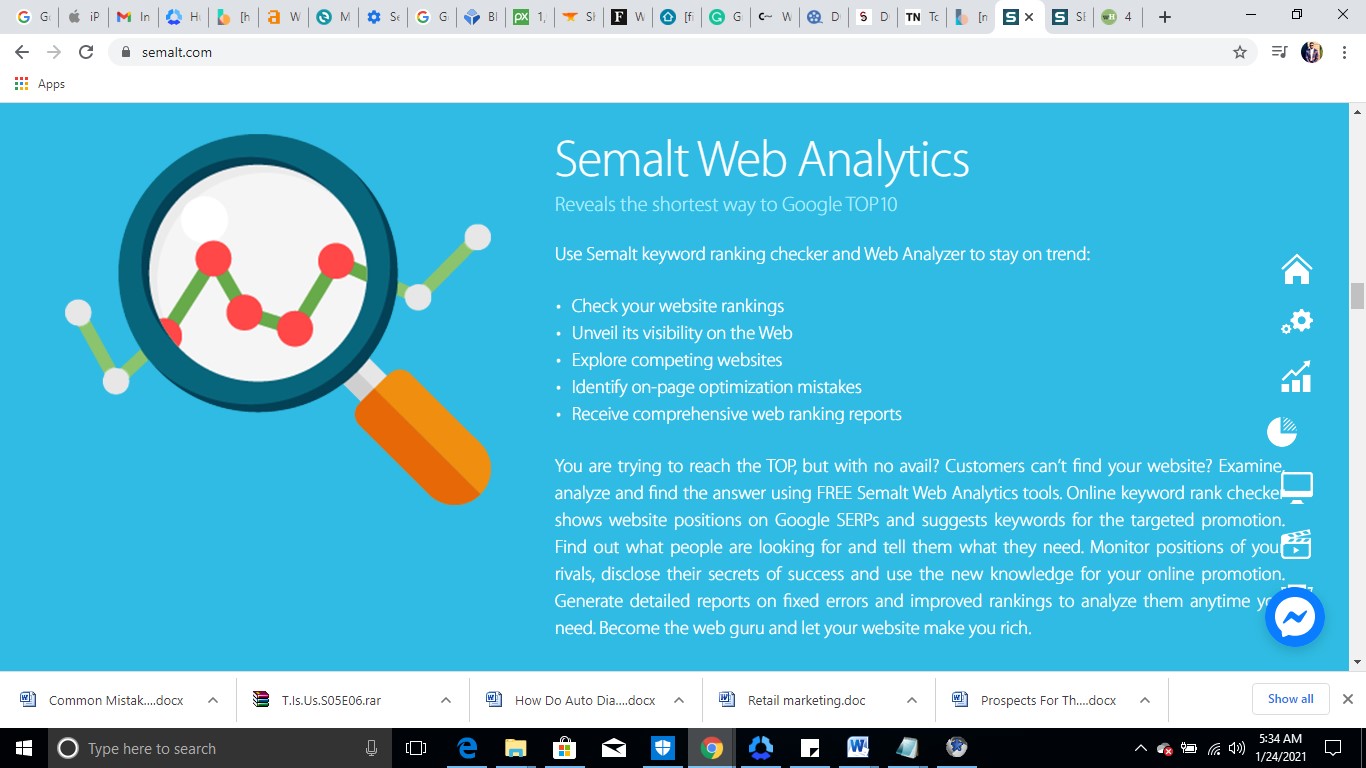
3. Using Low Quality Or Poor Anchor Texts
Some people use poor anchor texts for their ads, thereby earning them little or no clicks. You should avoid this by using both high-quality anchor text and a good keyword targeting campaign, so your ads will be well-placed for high click-throughs and, subsequently, sales.
Using anchor text ads can be very beneficial to your PPC campaign if you properly build and run it correctly. For this to work, you have to have a strong ad group. The group should contain relevant keywords to generate the right amount of traffic.
4. Bidding On Negative Terms
Negative words do have high click-through-rates, but they could be detrimental as well. Even if you bid on negative terms, you should limit it. One of the biggest mistakes people make when writing their Google AdWords campaigns is overusing negative keywords. Negative keywords, such as "not ready to buy", "rate this product not recommended" or "shopping cart not available", have no place in an effective AdWord campaign.
You can keep losing lots of money on Google AdWords campaigns if you're bidding on negative keywords. Negative keywords can make Google to ban your ads Google's ad network. While you might think that you are getting a high price for your keywords, you might be running down your overall ad strength.
5. Targeting The Wrong Audience
Another common mistake people in Good Ad campaigns is targeting the wrong audience. For example, if you have an advertisement about teenagers' products, you shouldn't only target the teens. Your ad should also capture their parents and guardians. This means you won't only be targeting the youngies, you'll also be targeting older age groups as well.
You need to determine your ideal customers before you write ads for them. If you don't target your readers to your websites, you won't get the traffic you desire. Write your keyword-rich ads based on your ideal customers' profiles, and Google will help you find them. To optimize your ads for your audience, you need to know your audience's characteristics. What keywords they searched, what type of advertisers, etc. An ad that's well-optimized for parents but not for teens will likely not convert.
6. Having A Poor Landing Page
People won't linger on a site that looks unappealing or looks spammy right from the landing page. That's just the way marketing works these days. So, optimize your site and make it appealing enough for visitors arriving at your landing page from your ad clicks.
Your ads also need to be relevant to your web page content. This means that they need to be closely related to the information provided on your website. If you don't do these, the ads you generate will not be as successful in bringing in the customers you want.
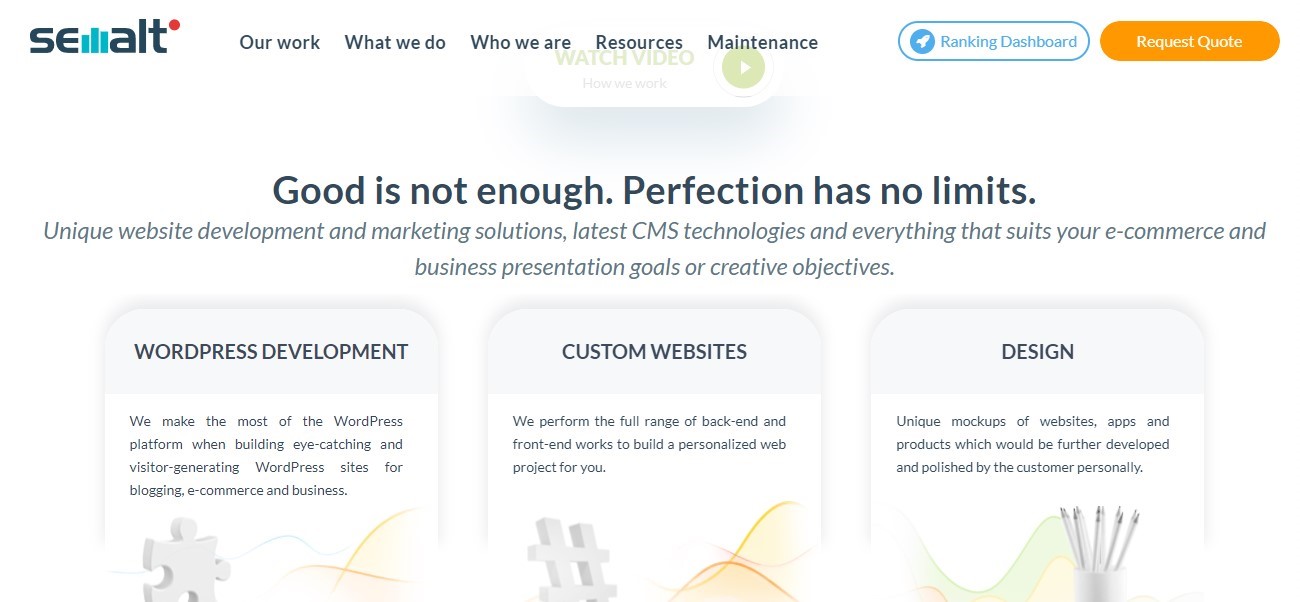
7. Spelling Mistakes In Keywords
In addition to the above, you also want to avoid spelling mistakes in keywords. For example, if you are pinning for the keyword "slim tea", that's what you should write and not "Sim tea" or "Jim tea". Even in words with multiple letters, you should pay close attention to what you are typing. For instance, "running shoes" is different "runing shoes".
8. Not Creating Multiple Ad Variations
Another common mistake people make when placing Google Ads is not creating multiple ad variations in your Google AdWords account for the same overall ad. You don't need to create different ads for similar keywords; link them as variations. You should only create separate ad campaigns when you have totally different keywords, products, or niche to focus on.
If your goal is to create as many variations of your ads as possible, you'll be spending so much without an impactful difference. You don't need to create separate campaigns for your content if they fall under the same niche. If you have separate campaigns for the same ad descriptions, you'll have less chance of making conversions. So, find out if creating variations would fit into your campaign and make it work.
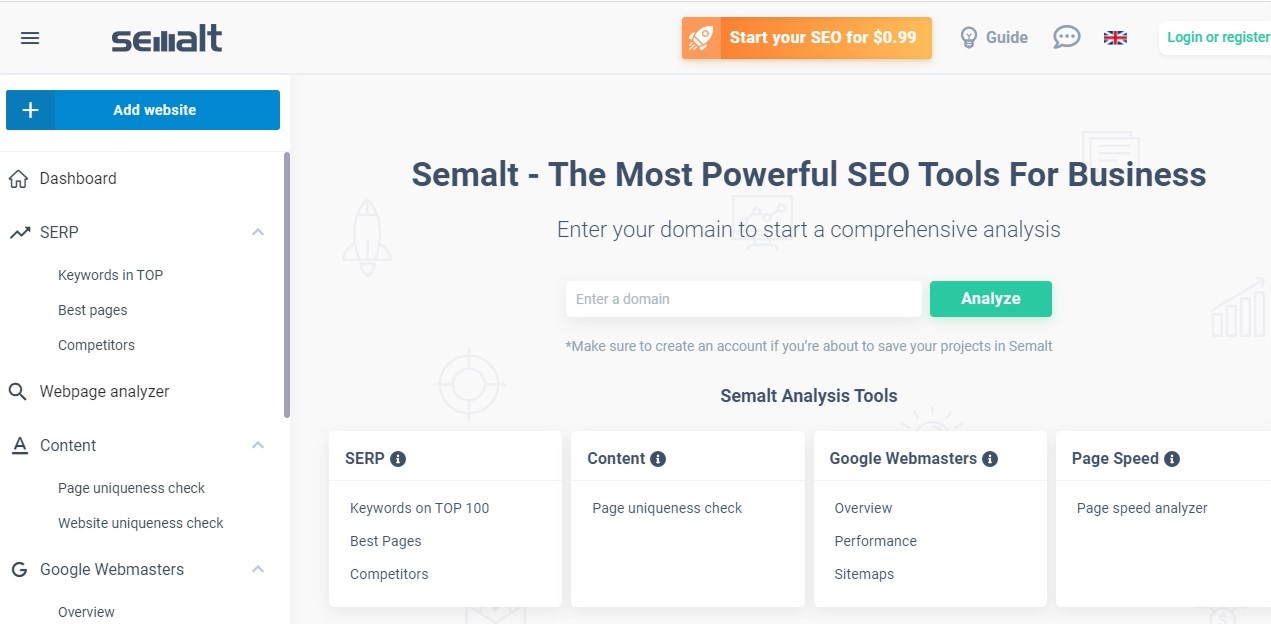
9. Not Testing Your Ads before Going Live
It's a big mistake to create your Google AdWords campaigns and send them live without first testing them. You should take your campaigns through different phases to determine whether or not it has the potential to generate leads. Failure to do this might means putting an ad that has little or no chance of conversion, particularly if there was something wrong with the ad sent out. You should test each conversion stage of your campaign to determine which ad variations have the most impact on your audience.
10. Not Tracking Your Conversion
Conversion tracking will help you see the impact of an ad placement. Without conversion tracking, you will only be guessing what ads are converting and how much impact your ads are having on your visitors. Conversions will provide you with valuable information on how to optimize your ads further for better results.
11. Other Common Mistakes
Other common mistakes people make include choosing an ad group not suitable for your campaign. The major mistake is usually in the choice of ad group which you bid on. Not understanding the importance of ad relevancy, ad copy and ad placement, ad cost, ad schedule, ad quality, or ad rank.
Some people also don't know how to collate data and compare it against the other bids in your niche. Lastly, it can be using very expensive CPCs that aren't worth it or not understanding how to optimize your ads, which brings us to the next part of this article.
III. How To Optimize Your Google Ads For High Conversion
Conversions are the difference between how much you earn and the number of clicks your ad receives. When a potential buyer clicks on your ad, your cost per conversion is determined by the type of traffic you are receiving. It depends on the demographics and interests of the buyer. If you are using pay per click ads, then the only way to track the conversion is with an open form on your site or by using an online tracking tool. Here is how to optimize your ads for high conversion.
1. Pay Attention To Your Keywords
You should also pay attention to the keywords you choose to advertise under in your Google AdWords ad group. The keywords should be related to what the potential customer is looking for. If you are an insurance agent, you will advertise under keywords such as insurance policy, home insurance, auto insurance, etc. If you are trying to sell plumbing services, you would advertise under keywords such as plumbing services, drain cleaning, drain repair, etc.
You should optimize for your main key phrase or keyword phrases. Never use generic words or key phrases as your main ad text. This will limit your search engine positioning and may even result in the removal of your ads. Your content must be unique and optimized for your audience and placed in the appropriate spots within your site and across your various online platforms.
2. Use Great Graphics
Your ads need to have great graphics to attract users' attention. Many people only look at the first few seconds of an ad, and if they don't find what they are looking for quickly, they will go away. So you need to grab their attention the minute they glance at your ad. To do this, use colors that will quickly draw the eyes to the picture on your web page. It doesn't have to be flashy and expensive; just make it top par.
3. Focus On Relevancy When Choosing Ad Groups
You need to consider relevancy when optimizing your Google AdWords ad group. Ensure that your ads fit into ad groups where you place them. They need to be relevant to those groups; else, you'd have low conversions. Also, make sure that your ad groupings contain all the relevant words your users will search for.
4. Understand The Type Of Ads You Need
There are many different types of advertising you can do to promote your products online. You can use pay per click campaigns. You can use classified ads and even include video ads. If you want your ads to get noticed, you will want to do all these things.
5. Optimize Your Ads For Search Engines
If you want your ad to stand out from the rest and get lots of clicks, you need to optimize it for the search engines. Learn how to create a dynamic ad group that gets higher click through rates. You can do this by using keywords. Make sure your ad group is relevant to the search the user is doing. Add a description to each individual ad group. Then write an interesting headline for each.
6. Ensure Your Ad Copy Is Relevant To The Group
Be sure that your ad copy is also relevant to the group the user is in. That is, the headline needs to grab the attention of the searcher right away so they will not go anywhere else but to your ad group. The title of the ad and the first sentence of the ad should be focused on your offer. If possible, also add a call-to-action within your ad so the searcher will take the required action after clicking your ads.
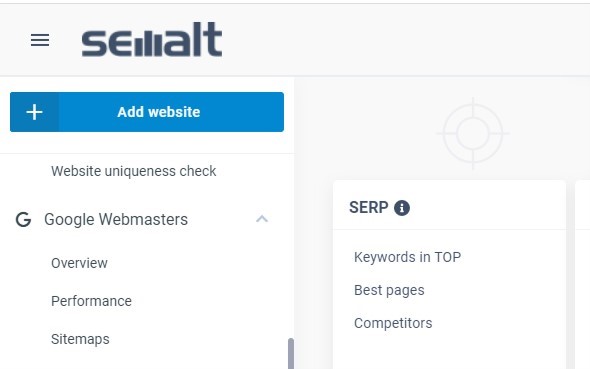
IV. Conclusion
If you want to learn more about how to make the best of your Google Ads, you should consider taking a class related to online marketing. You will learn about effective bidding strategies, creating high-quality ads based on keywords, ad groupings, and much more. By taking a class related to online marketing, you will be able to create profitable campaigns that will help you avoid the common mistakes made with Google AdWords campaigns. Semalt can also put you through this. Or better yet, have them optimize your ads for high conversions.